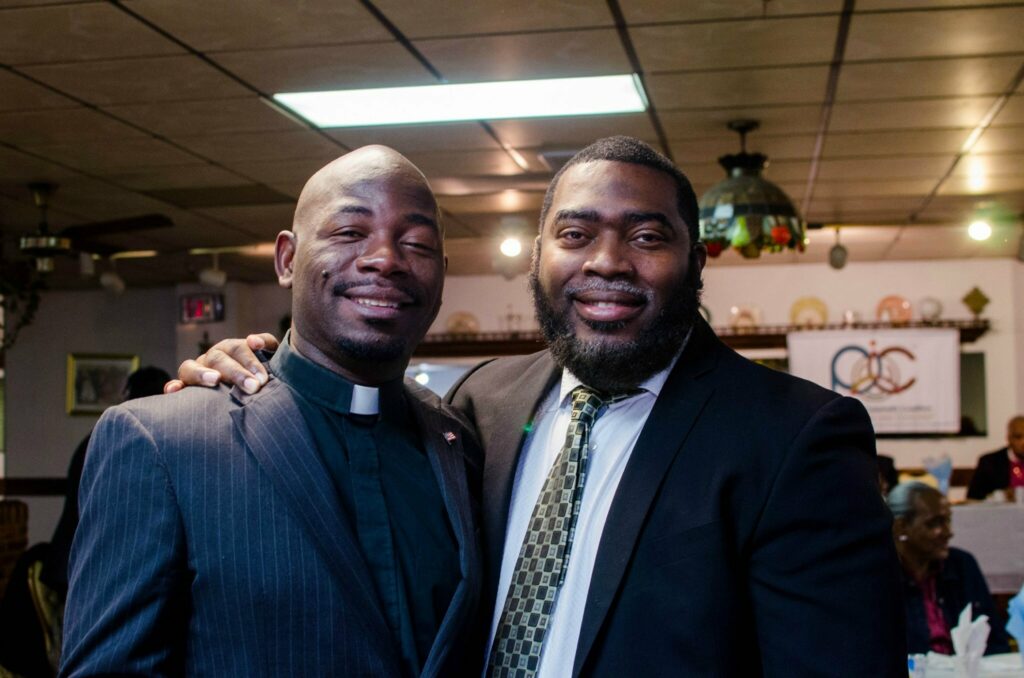Unlock the Rich Heritage of the Faith with Veterum Sapientia Institute.

Veterum Sapientia Institute exists to form Catholics in their cultural and spiritual birthright by teaching living Latin and Greek languages. We are committed to becoming the premier institute for this purpose, and to setting the standard for pedagogy in Latin and Greek.
Our vision is to ignite passion for the Latin and Greek languages and the Church’s history in individuals worldwide, facilitating a richer understanding of our Catholic heritage. When it is fully realized, VSI’s approach will underpin Catholic language learning in seminaries and school communities around the world. To find out more or to support our vision –

We proudly house an international team of top experts in spoken Ecclesiastical Latin and Biblical Greek. They’re committed to helping you explore the depth of your Catholic heritage and providing comprehensive support in your journey.
Your path to learning Ecclesiastical Latin or Biblical Greek should be clear from the start. Get answers to common questions about our courses, certifications, and how we can assist you on your Continuing Education journey.
VSI is working to revitalize the study of living Latin and Greek, following the principles laid down by Pope St John XXIII in the Apostolic Constitution Veterum Sapientia. We have undertaken this work because we share the vision which the Pope outlines in this document: the Latin and Greek writings of both pagan and Christian authors contain timeless wisdom which is valuable in every age. We are the only institution in the world that has dared to implement the late Pope’s bold vision for renewal of Catholic culture, and we want to make these treasures available to everyone.
VSI’s distinctive methodology is founded on three principles:
We offer online classes which anyone can attend, from the first beginnings of the sacred languages to more advanced seminars and reading courses on specific authors, texts and topics. We also offer summer workshops each year, in which participants spend a week learning to speak Latin with the staff and fellow students. Our website provides various resources including Latin prayers with video recordings plus a daily blog about topics related to Latin, Church history, and classical history.
Our Diploma in Ecclesiastical Latin is the only pontifically accredited program of study of its kind. In total credits, it is MORE than a Master’s degree. Our methodology is not built around gaining credits to achieve a degree, but rather on true mastery of the Latin language at the level the student is currently studying. We do not emphasize accrual of credits, but mastery. If you achieve certification at any of our levels, you can be sure it really means something, and that you are able to use the language in whatever path of life you pursue.
If you are interested in applying VSI credits toward a Master’s degree, you may be able to complete a Master’s degree through one of our partner institutions.
Contact us for more information.
Our classes during the academic year are 100% online. Instructors meet with classes on Zoom every week. At the beginning of the semester you’ll be provided a Zoom link to the class where you will meet each week.
Yes! We offer week-long in-person summer workshops each year for a completely immersive experience with the Latin language. We spend the week in a bubble of Latin immersion. For laity and beginners, check out our workshop page HERE: For intermediate and advanced clergy, check out our workshop page HERE.
Latin is a risen language, like the Founder of the Church. If Latin died as a pagan language, it rose again as a Christian one.
It is of course true that Latin is no longer spoken by anyone as a truly native language which they learn from infancy; such languages are often called “dead.” But in the life of the Western Church, Latin rose from its native-language death to become a universal language. In this way, Latin has remained in constant use since antiquity, and retained its grammar and meaning in a way that no other language can claim.
Moreover, it is through this language that all the Church’s members are able to share in Her prayer life, Her spiritual life, and Her intellectual life. We believe that life must be accessible to all Catholics as widely as possible. Latin and Greek are also the keys to countless ancient texts, nearly all of which have never been translated. These texts, both Catholic and secular, open up a world of knowledge and connection to history when read in their original languages.
Absolutely! Our VSI classes and workshops attract people of all different ages, backgrounds, interests, and ethnicities. Some want to learn Latin as part of their studies, others for their work in a particular academic field. Many of our students come to us for their own purely personal interests!
At Veterum Sapientia Institute, we honor the wisdom of the ancients and unlock the doors to the vast patrimony of the Faith. We provide Vatican-accredited certificate and diploma programs, along with online courses and in-person workshops, to enrich your understanding of Latin, Greek, and the Catholic Faith.
Join us today and delve into the majestic languages that bind our Catholic family together.
Add your contact information to our email list so you can be the first to know about dates and deadlines for our Summer and Fall 2024 term and Summer immersion workshops.
Sign up now, so you can stop searching for ways to bring your faith to life and start discovering eternal truths today.